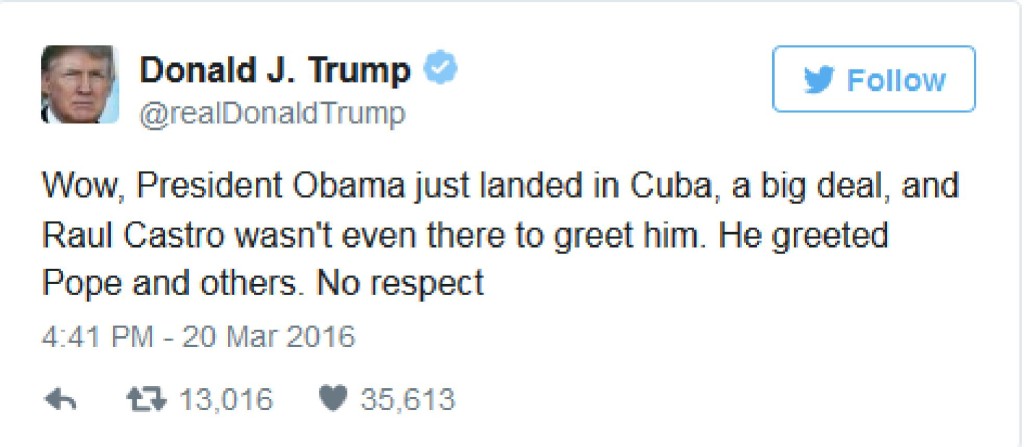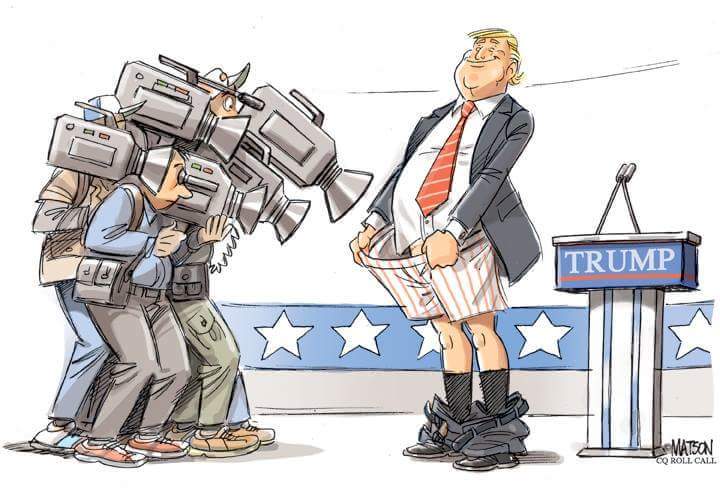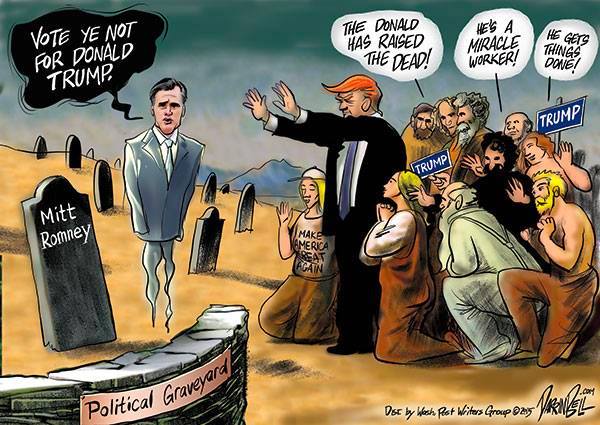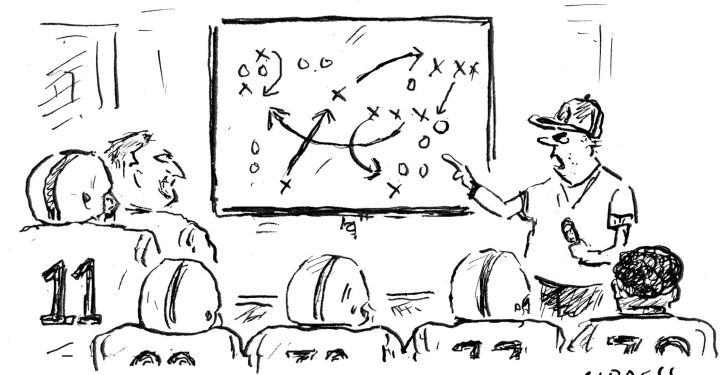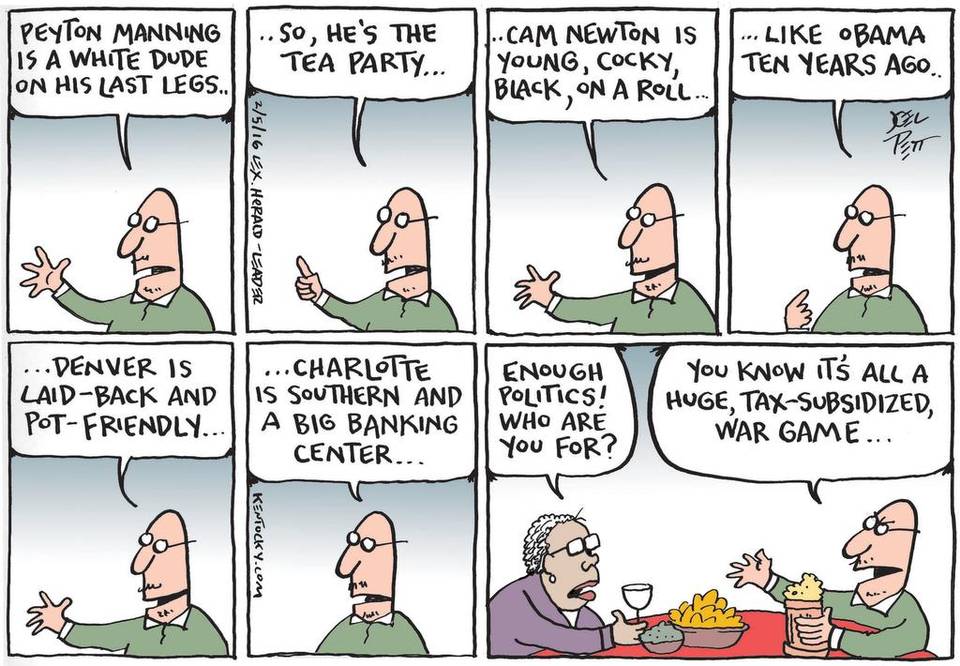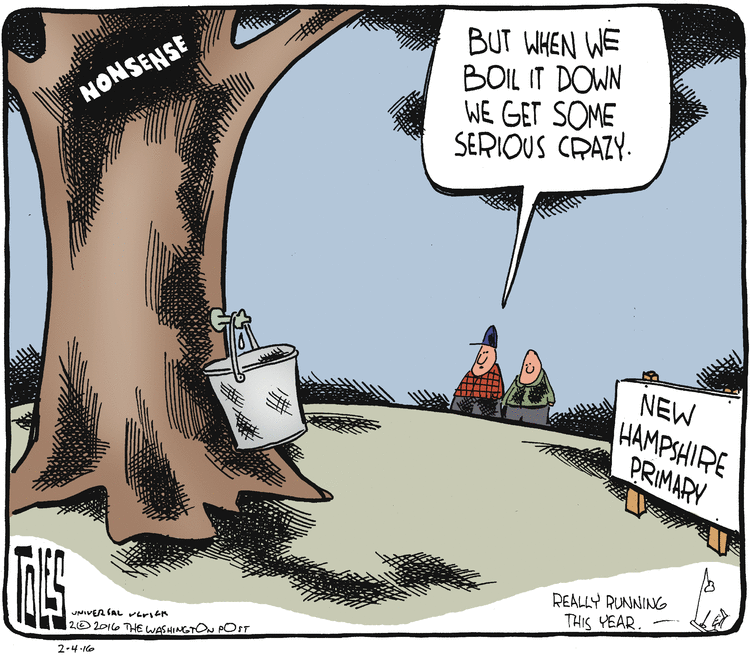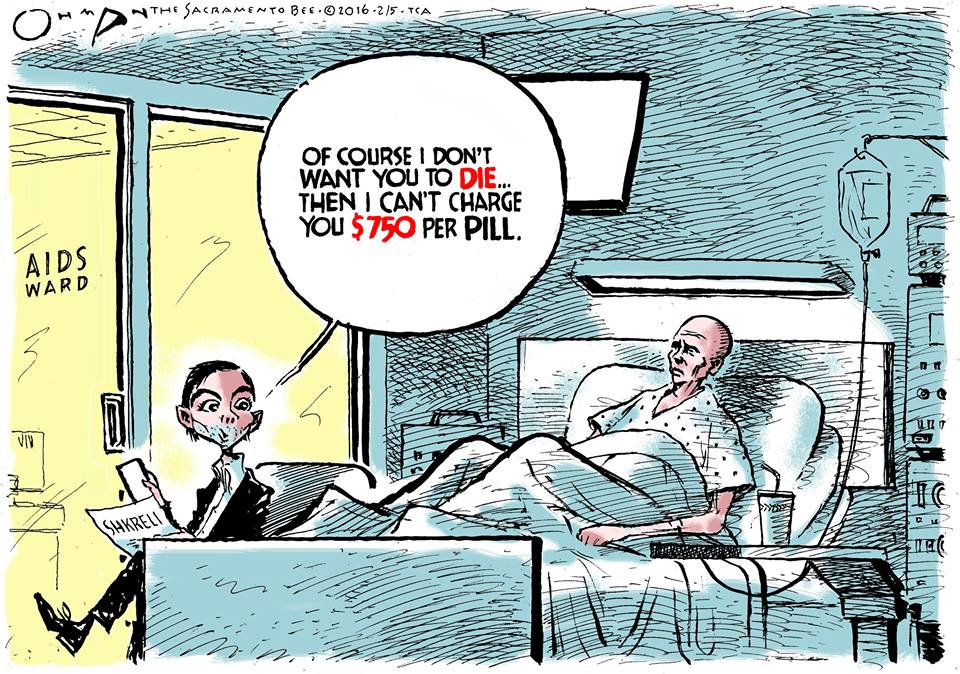From 1970-1973, Wrongo ran a US Army nuclear missile unit in Germany. It was during the Cold War, and also during America’s involvement in Vietnam. Wrongo got lucky, spending his entire service in a cold war zone, not in a hot war zone.
The stated purpose of his unit was to provide air defense of the skies over Western Europe (WE). The enemy was the Soviet Union. In the 1950s, NATO’s strategy to defend W. Europe changed from reliance on conventional weapons to what was called “flexible response,” which included the first use of tactical nuclear weapons, like the type Wrongo’s unit had.
The doctrine of first use of nuclear weapons came about because NATO was vastly outnumbered in weapons and soldiers in WE. For example, the Warsaw Pact had more than 5 million soldiers and 72,000 tanks on the ground in Eastern Europe arrayed against NATO’s 32,000 tanks. And at its peak, the Soviet Union could deploy 10,000 aircraft against NATO’s 2,000.
Wrongo’s unit was part of a trip wire: If the Soviet Union launched an attack on WE, Wrongo’s job was to turn his air defense unit into a very accurate surface-to-surface nuclear weapon, taking out as much of the Soviet Union’s advancing tank forces as possible.
Fast forward to the collapse of the Soviet Union. Its tanks, soldiers and planes were moved back to Russia from the satellite states. Much of that equipment was decommissioned, and most of the tank outfits were disbanded in 1998.
Now, 45 years after Wrongo served as part of the NATO tripwire, Moscow has reactivated the First Guards Tank Army. During the Cold War, the First Guards Tank Army was stationed in East Germany as part of the vanguard of a possible Warsaw Pact drive into Western Europe. According to Patrick Armstrong at Sic Semper Tyrannis: (parenthesis by the Wrongologist)
The 1st Guards Tank Army will be stationed in the Western Military District to defend Russia against NATO. It is very likely that it will be the first to receive the new Armata family of AFVs (newest generation of Russian tank) and be staffed with professional soldiers and all the very latest and best of Russia’s formidable defence industry. It will not be a paper headquarters; it will be the real thing: commanded, manned, staffed, integrated, exercised and ready to go.
Russia’s Defense Minister Sergey Shoygu has named the activation of the new tank army one of Russia’s top priorities for 2016.
Why is Russia doing this? Well, under Clinton, we added Poland and three Baltic republics to NATO. Under GW Bush, we said we would deploy medium-range nuclear missiles to Poland, supposedly as a defense against Iran. That decision was later reversed by Obama. Under Obama, we threatened to add Ukraine to NATO.
Armstrong says the decision to re-create the tank army is an indication that Russia really does fear attack from the West and is preparing to defend itself against it. And why do they fear the West? Armstrong says it is about NATO’s continued expansion eastward. He points out that the Russians: (brackets by the Wrongologist)
[Russia had]…planned for small wars, but NATO kept expanding; they argued, but NATO kept expanding; they [Russia] protested, but NATO kept expanding. They [Russia] took no action for years.
Until now. The defense site Southfront.org writes about the Russian military. They suggest that these moves reflect a change in Russian military doctrine:
The fighting in Ukraine demonstrated the advantage of having large and permanently established maneuver formations…Independently operating battalions, regiments, and brigades lacked the ability to deliver a knock-out punch, and coordinating a large number of such units was difficult for higher headquarters.
Could this be Putin’s “Star Wars” moment? Ronald Reagan got the Soviets to spend heavily to counter the apparent threat of Star Wars, America’s not-quite-real anti-ballistic missile technology.
Putin is now laying out a Russian military strategy for Europe that no NATO country wants to match, financially or militarily. He sees that NATO and the US are now committed to smaller, special operations forces, drones and cruise missiles when conducting military operations.
Maybe Putin recognizes and understands that the one thing NATO won’t do is field a real army.
And our wars of choice in the Middle East have gutted the US economy, and our warrior spirit. We have fought wars we couldn’t win, and we plunged entire regions of the world into chaos and terrorism.
Now, Putin confronts us with the need to make a strategic choice in Europe.
Any bets this will be discussed by our presidential candidates?


